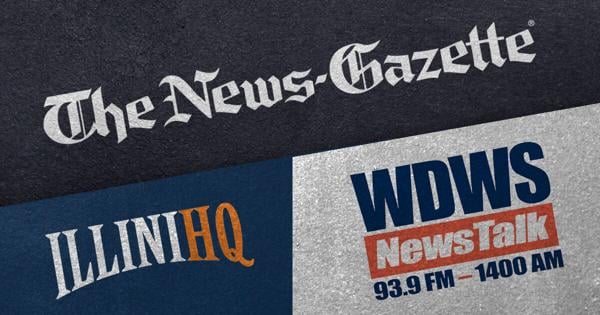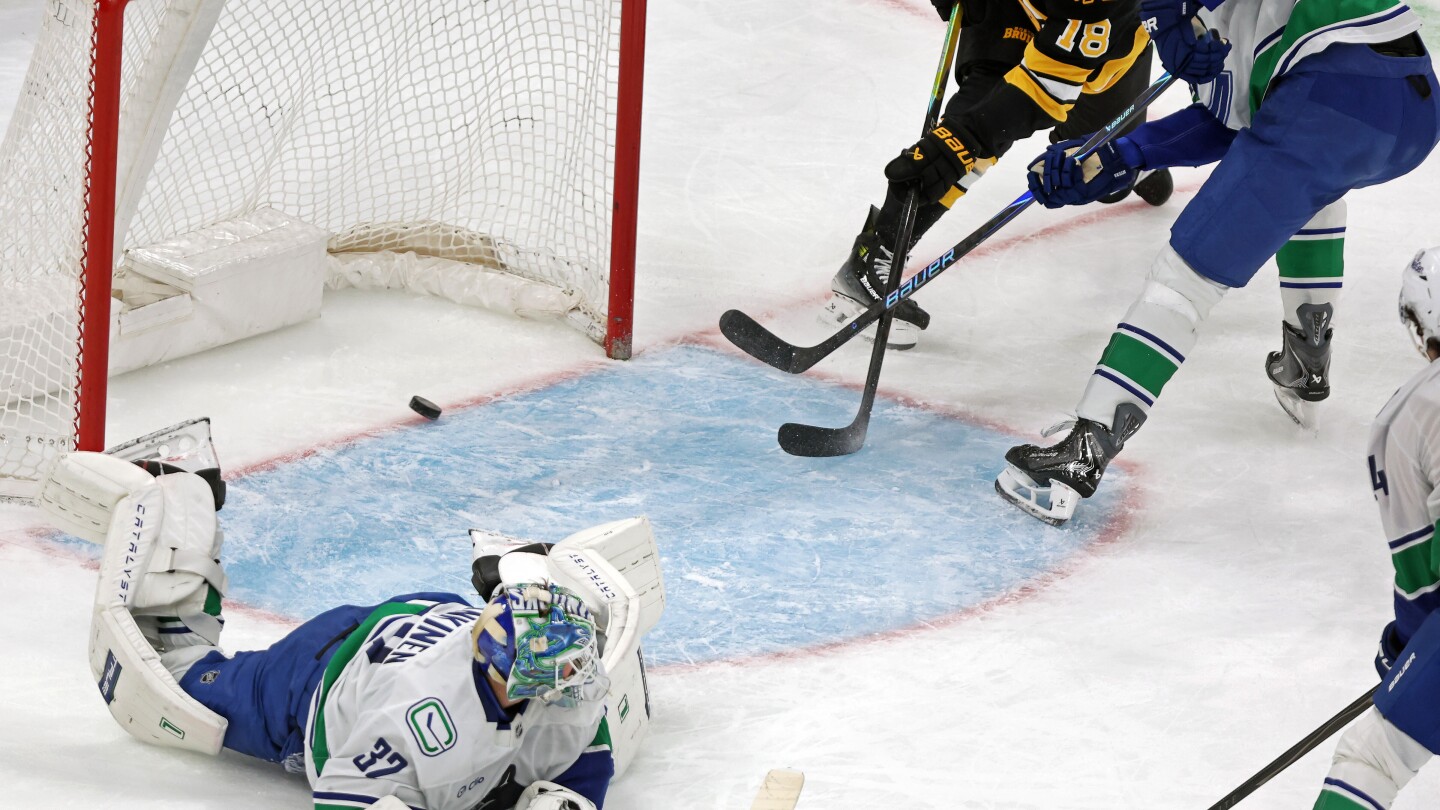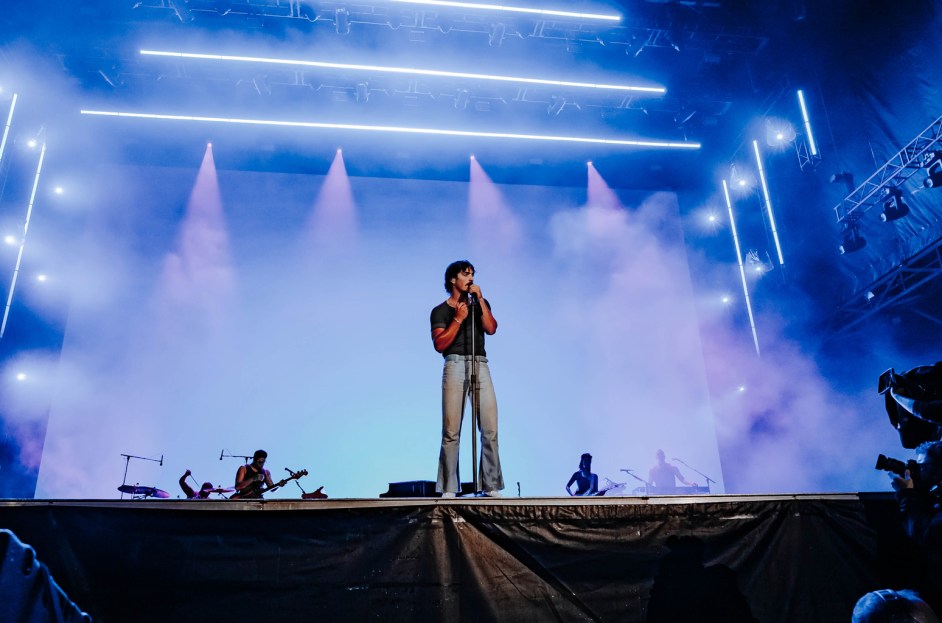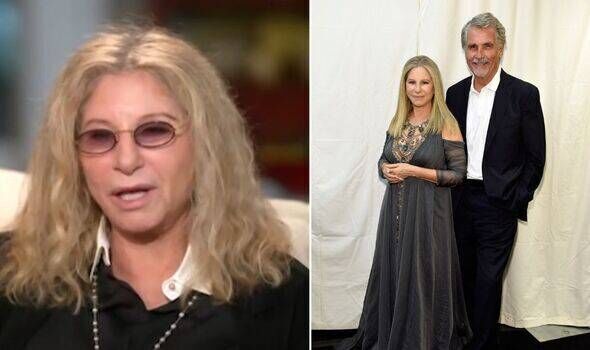Jay Leno Critiques Late-Night Politics, Urges Broader Humor Appeal
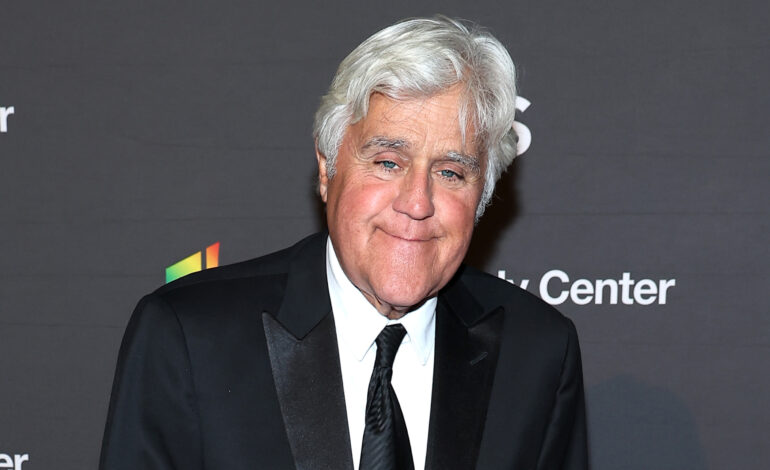
Jay Leno has voiced his concerns regarding the political direction taken by late-night hosts, questioning why they often alienate a significant portion of their audience. His remarks come in light of CBS’s recent decision to cancel *The Late Show with Stephen Colbert*, a move that has faced scrutiny following the network’s dealings with former President Donald Trump.
In an interview with David Trulio, president and CEO of the Ronald Reagan Presidential Foundation and Institute, Leno emphasized the importance of comedy as an escape from the pressures of daily life. “I like to think that people come to a comedy show to kind of get away from the things, you know, the pressures of life, whatever it might be,” he stated. While he appreciates political humor, he believes that comedians should avoid aligning too closely with one political side.
Leno highlighted his own experiences with the late comedian Rodney Dangerfield, explaining that their conversations never veered into political territory. “I don’t think anybody wants to hear a lecture,” he remarked. “When I was with Rodney, it was always in the economy of words — get to the joke as quickly as possible.” This approach, according to Leno, helps comedians connect with a wider audience rather than limiting themselves to a specific demographic.
The former host of *The Tonight Show* further questioned the rationale behind targeting only half of the audience. “Well, why shoot for just half an audience all the time? You know, why not try to get the whole [audience]? I mean, I like to bring people into the big picture,” he said. Leno believes that comedians should focus on what is genuinely funny, rather than restricting their material based on political affiliations.
The cancellation of *The Late Show with Stephen Colbert* has raised eyebrows, particularly since it followed a significant $16 million settlement between Paramount, CBS’s parent company, and Trump. Some lawmakers have suggested that the timing of the cancellation could indicate potential impropriety, given Colbert’s history of making jokes at Trump’s expense. Following the news, Trump celebrated the show’s demise, which adds another layer of complexity to the ongoing relationship between entertainment and politics.
Leno’s tenure as a late-night host spanned from 1992 to 2014, with a brief interlude for his primetime venture, *The Jay Leno Show*, from 2009 to 2010. His insights reflect a broader conversation within the entertainment industry about the balance between political commentary and humor, as well as the potential consequences of straying too far into divisive territory.
As the late-night landscape continues to evolve, Leno’s call for a more inclusive approach to comedy resonates with audiences who seek humor that transcends political divides. The future of late-night television may hinge on how hosts adapt to these changing expectations, balancing their personal views with the diverse perspectives of their viewers.


